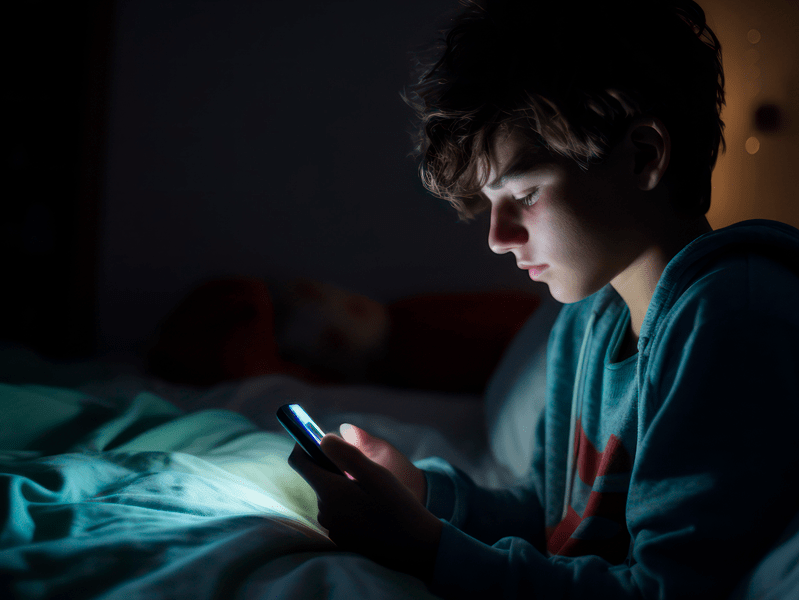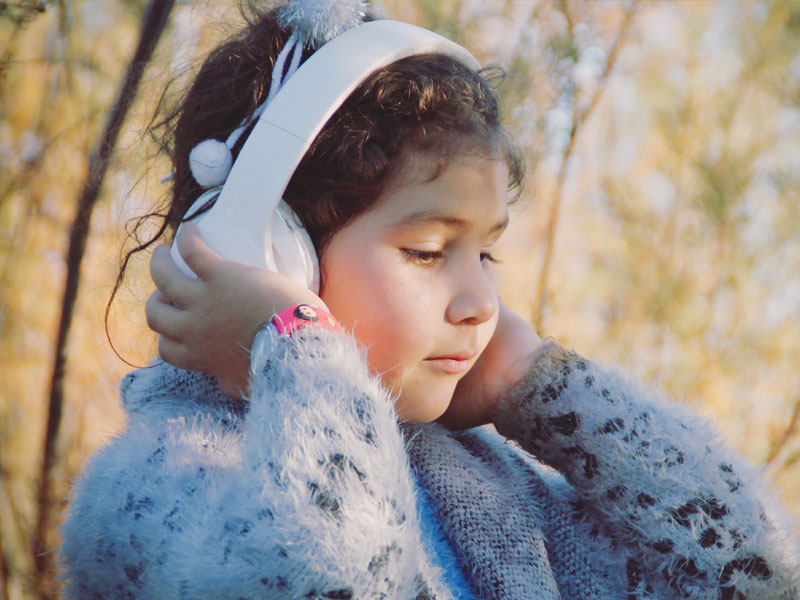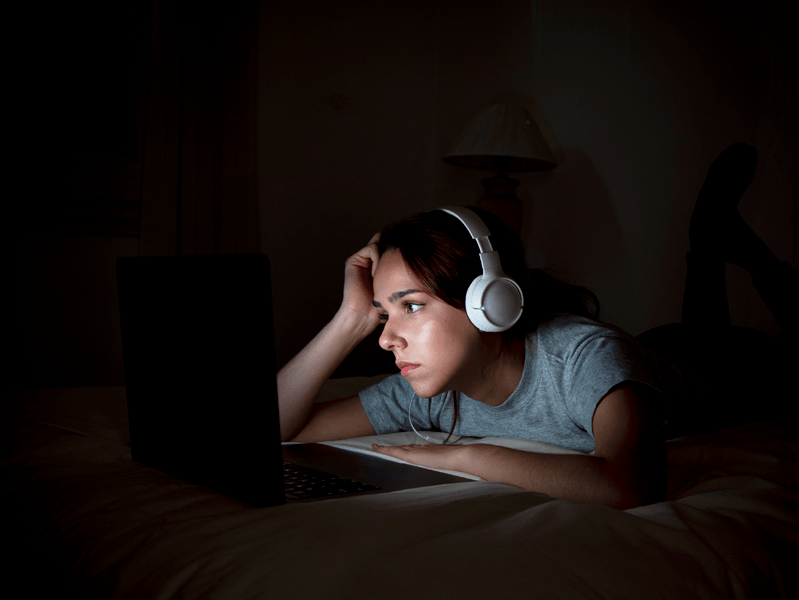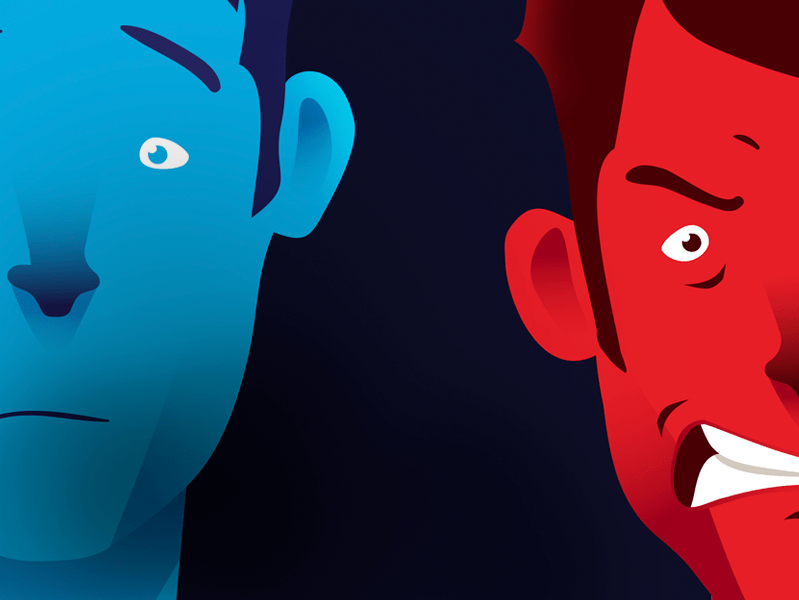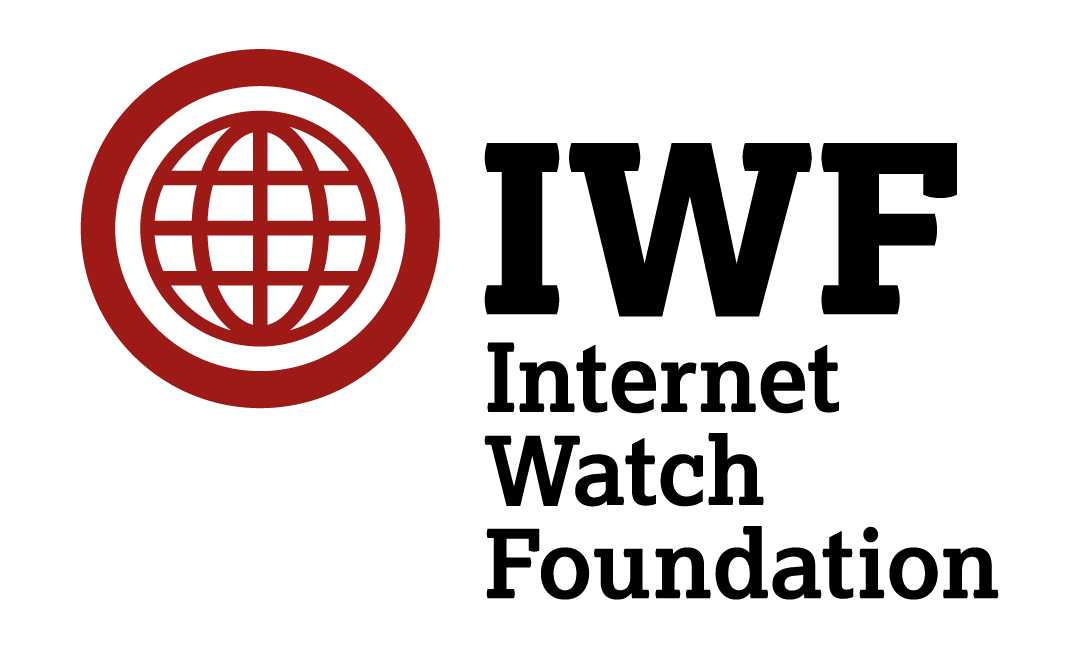Last Updated on 19th May 2023
Read the script below
Tyla: Hello and welcome to Safeguarding Soundbites…
Natalie: – the podcast for people who want to stay in the loop…
Tyla: – with the latest safeguarding scoops!
Natalie: I’m Natalie.
Tyla: And I’m Tyla!
Natalie: So, what are we talking about today, Tyla?
Tyla: In today’s episode we’re going to be covering social media news, how an amendment to the Online Safety Bill could help protect women and girls from online abuse and violence, Prime energy drinks, and more.
Natalie: Sounds good, let’s get started with our social media news. Tyla:
Tyla: Yep, so there’s been a few things happening this week, with both TikTok and WhatsApp announcing new features, so we’ll take a look at those first.
As part of Mental Health Awareness Month, TikTok have added a new mental health awareness hub to the platform. The hub is a collection of information, resources, and signposting where users can find videos from mental health and wellness creators on TikTok, links to mental health organisations and inspiring, educational videos.
Natalie: Well, that sounds positive! And much needed, I think, on social media sites. How do users find it?
Tyla: Yes, all too often we’re hearing of new research and stories highlighting the negative impact of social media platforms like TikTok on mental health, particularly for young users. So, to find the hub, users to go the ‘mentalhealthawareness’ hashtag page and click the link in the description.
Natalie: So #MentalHealthAwareness ?
Tyla: Yep, then click the link in the description. And the hub is part of a range of initiatives that TikTok are launching – they are also donating two million dollars in ad credits to a range of mental health organisations, like the National Eating Disorder Association and the American Foundation for Suicide Prevention. Plus, they’re running training sessions with partners – their sponsored creators, essentially – on how to share information on mental health with their followers.
Natalie: Definitely a step in the right direction, it’s brilliant to see platforms taking action.
Tyla: It really is. And the other major app update is from WhatsApp who have announced a new feature called ‘Chat Lock’ that they say will help protect users “most intimate conversations”.
Natalie: Right, okay, so what does that mean, exactly, how does it work?
Tyla: So, users will be able to move chat threads out of the normal inbox section and put them into a new folder that can only be accessed via password or biometrics, like a fingerprint. As well as having this password protection, the content of messages in notifications will also be automatically hidden.
Natalie: Are we thinking that this going to have any ramifications? Safeguarding wise?
Tyla: Well, there are potentially some issues there – the fact that the chats are hidden in the first place plus that notifications don’t show the chat…if a young person is trying to hide their conversation with someone, that’s going to help them do that.
Natalie: And they could be hiding their chat from their parents or carers for any number of reasons – for example , because they’re sending youth produced sexual imagery to someone, because they’re hiding bullying or any sort of harmful content that’s been sent to them.
Tyla: Also, they might be pressured into using this feature to conceal a conversation, with a predator or abuser. I think the key thing is that parents, carers and anyone else in a safeguarding position is aware of this feature, of what it looks like on the app.
Natalie: Yes, because otherwise, if someone isn’t aware that the feature exists, then there’s no way of knowing there’s potentially hidden chats. And once again, it’s about communication – one of the key safeguarding measures anyone can take. It’s important to have that conversation with the young person in your care around secrets, and what to do if some is pressuring you, such as talking to the trusted adults in your life.
Tyla: That’s exactly right. Whether it’s on WhatsApp or another platform or offline.
Tyla: Concerns have been raised about the energy drink Prime after a primary school pupil in Wales was reportedly hospitalised for a cardiac episode after drinking Prime Energy. The energy drink was launched last year by social media influencers Logan Paul and KSI and has become extremely popular, with shops constantly selling out, leading to a sort of black market of people selling the drink for inflated prices.
Natalie: It’s important to note here that there are actually two different version of Prime, is that right?
Tyla: Yes, there is Prime Energy. This version contains 140mg of caffeine per 12oz – an 8oz coffee contains only 80 mg.
Natalie: That’s a very high amount of caffeine.
Tyla: Which is why Prime Energy comes with a warning that it is not suitable for anyone under 18-years-old or pregnant people. The other version of Prime, Prime Hydration, contains no caffeine and is a general-purpose electrolyte rich sports drink.
Natalie: So that’s the safer option in terms of health and for young people if they wish to drink prime?
Tyla: Absolutely.
Our listeners might remember that last week we talked about vaping, in particular social media advertising about vapes. Well, new figures released by anti-smoking charity ASH have shown that a third of under 18-year-olds have seen e-cigarettes advertised online.
Natalie: And that includes advertising by influencers on social media?
Tyla: It does. It includes influencers who are being sponsored to post clips of themselves unboxing vapes and then trying them out on video. We spoke about the dangers of this last week but for anyone who missed it, you can go back and listen to last week’s episode or find our article on vaping on our website saferschoolsni.co.uk or on the Safer Schools NI App, which you can go download for free right now on your app or device store.
Natalie: Okay, moving on now to other news, and it’s the Online Safety Bill once more!
Tyla: This seems to be a weekly segment for us, Natalie!
Natalie: It does! The bill is going through the House of Lords at the minute and this part of the process usually has lots of amendments and additions, as after this stage the bill goes forward to the very final stage and then gets passed as law. So, it’s likely to be a topic for us quite frequently from now until then!
Yesterday, a new amendment was proposed that would require social media firms to prevent online abuse and violence against women and girls. If the amendment comes into effect, if companies don’t remove misogynistic content or ban repeat offenders, then – like in other failings covered by the bill – they would potentially be fined, and the bosses could even be jailed if the breaches occur again and again.
Tyla: So, as it stands, there’s nothing in the Online Safety Bill about that already?
Natalie: Nothing specific, although in response, a government spokesperson has said that the bill already covers certain online content that disproportionately targets women and girls, like sex and cyberstalking. But this amendment, called the Violence Against Women and Girls Code of Practice, will make sure that it is explicitly covered.
Tyla: Sounds good. Some news closer to home now, Natalie, and that’s about the school alert scheme to support young people who witness domestic violence at home. It’s called Operation Encompass and it applies when a pupil has been affected by domestic abuse. Police must tell the pupil’s school before 9am the next morning so that information can be shared with the safeguarding team and that pupil can be supported. The scheme originally started in County Down but it’s now being extended across the whole of Northern Ireland.
Natalie: That sounds like a really valuable scheme, we know that safeguarding works best when it’s a whole-community approach and that seems to be the aim of the scheme.
Tyla: Yes, exactly. Okay, we are approaching the end of today’s Safeguarding Soundbites, Natalie…do you know what that means?
Natalie: It’s time for our Safeguarding Success Story of the Week?
Tyla: It is! And this week, we have some really great news, as children here in Northern Ireland have been ranked fifth in the world for reading!
Natalie: Oh wow!
Tyla: That’s what I said, too! The Progress in International Reading Literacy Study looks at children’s reading skills in nearly 60 countries. More than 4,000 pupils in Northern Ireland took part, across 143 primary schools.
Natalie: Brilliant! And I believe pupils in Ireland and England were in the top five, too?
Tyla: Yes, Ireland was second and England came fourth!
Natalie: Fantastic – I loved reading as a child and it’s great to know that children here today are clearly enjoying it too. Okay, that’s all from us this week. We’ll be back again next week with more safeguarding news and updates.
Tyla: In the meantime, don’t forget you can download the Safer Schools NI App for free on your phone or device’s app store.
Natalie: And you can also follow us on social media by searching for Safer Schools NI. Why not learn more about how to support children and young people with their mental health with our Mental Health Awareness CPD course. Visit the app to find out more. Until next time…
Both: Thanks for listening and stay safe!
Join our Safeguarding Hub Newsletter Network
Members of our network receive weekly updates on the trends, risks and threats to children and young people online.
Who are your Trusted Adults?
The Trusted Adult video explains who young people might speak to and includes examples of trusted adults, charities and organisations.
Pause, Think and Plan
Use our video for guidance and advice around constructing conversations about the online world with the children in your care.


